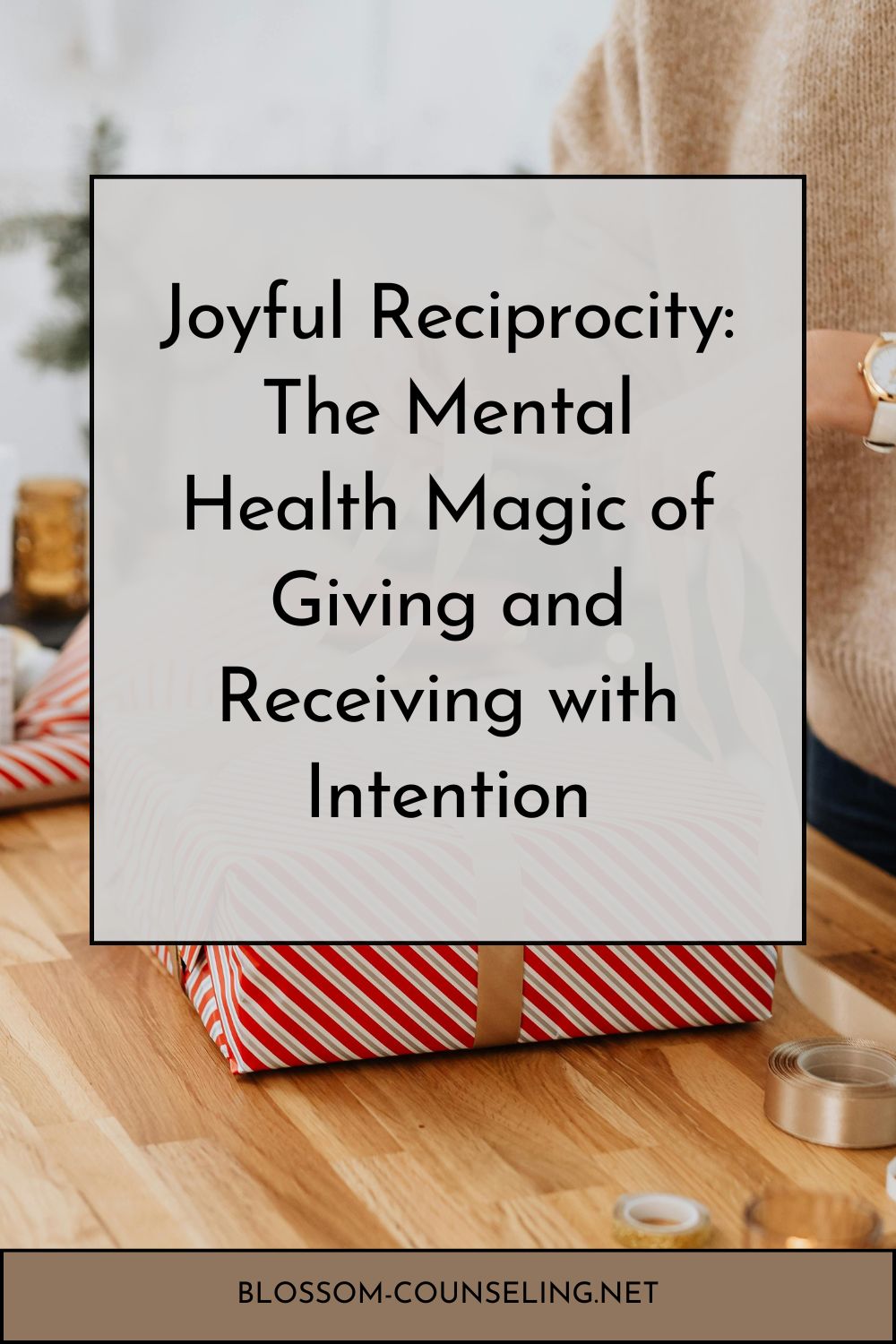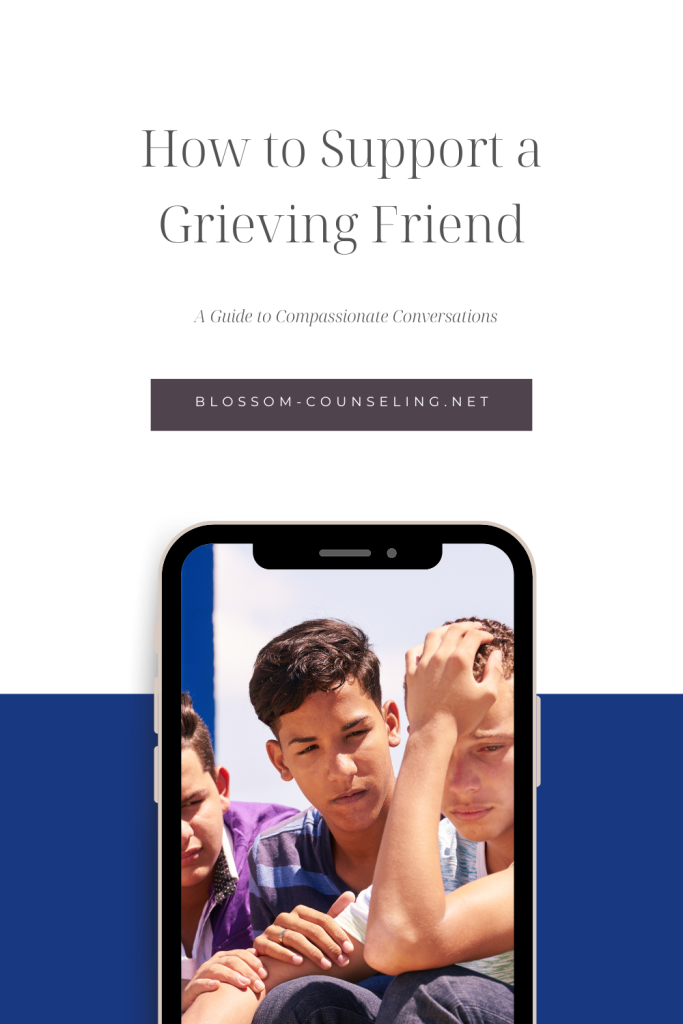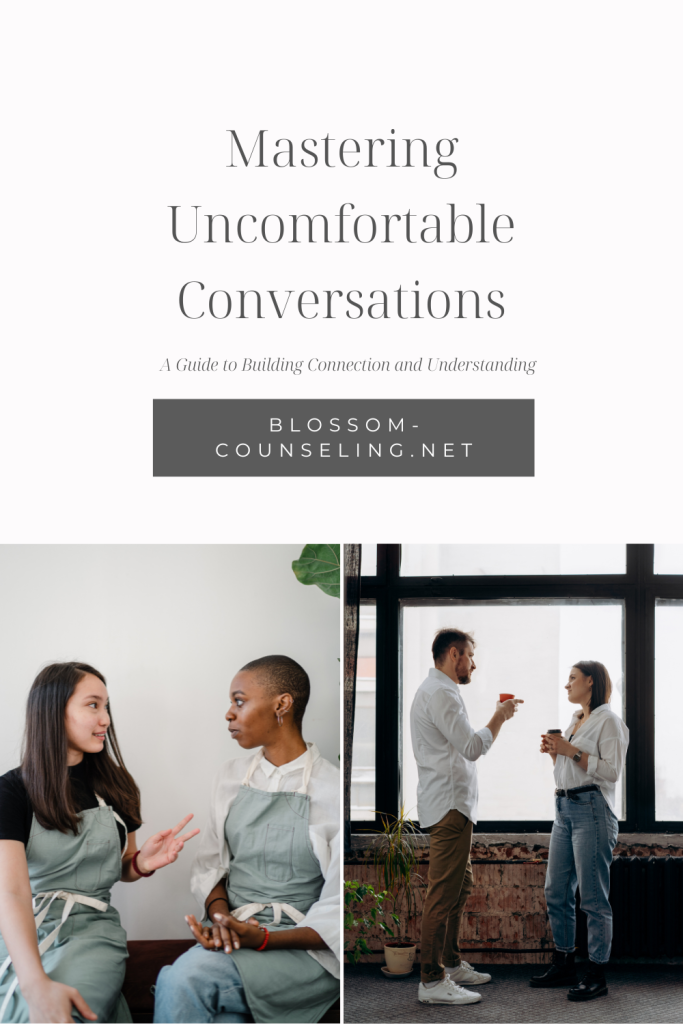 There is something very comforting about the moment someone does something kind for you and you naturally want to respond with care. Not to pay them back or even things out, but simply because it feels good to give from a genuine place. That feeling is joyful reciprocity. It is not just politeness and it is not a scorekeeping system. It is a meaningful part of healthy connection and it can have a real impact on emotional well-being.
There is something very comforting about the moment someone does something kind for you and you naturally want to respond with care. Not to pay them back or even things out, but simply because it feels good to give from a genuine place. That feeling is joyful reciprocity. It is not just politeness and it is not a scorekeeping system. It is a meaningful part of healthy connection and it can have a real impact on emotional well-being.
At its heart, joyful reciprocity is the natural exchange of kindness, support, and care between people. It happens when giving feels good instead of draining and when receiving feels safe instead of uncomfortable. It is not people pleasing, and it is not an obligation. It sits in a sweet, balanced place where connection feels real and nourishing for both people.
Why Joyful Reciprocity Matters for Mental Health
Healthy relationships depend on a gentle balance of giving and receiving. When that balance feels joyful, there is no pressure. You are not wearing yourself out to earn love, and you are not feeling guilty for accepting support. You are showing up as yourself and letting others show up too.
This type of mutual care helps build emotional safety. When you know your effort is valued, you are more likely to stay engaged. When you feel safe to receive without guilt, trust becomes easier and relationships deepen naturally.
In therapy I often see the pain that comes from imbalanced relationships. Maybe you give and give until you feel empty, or you struggle to let others take care of you. Maybe boundaries feel confusing. Joyful reciprocity can help bring things back into balance. It is part of learning to give because you want to and receive because you deserve to, not because you are trying to earn your place.
What Joyful Reciprocity Is Not
Joyful reciprocity is not about perfectly matching someone’s effort. It is not transactional and it is not a rule book. You do not owe someone a long text because they sent you one. You do not need to mirror every gesture exactly. The joy comes from the shared feeling, not the perfect symmetry.
It is also not codependence. In fact, it requires emotional awareness. It means knowing your limits, paying attention to your own needs, and allowing relationships to breathe instead of forcing them to fit a pattern.
How to Recognize It in Your Life
You may be experiencing joyful reciprocity when:
- A friend checks in on you and you want to check in on them because you care.
- You make dinner and your partner offers to do the dishes because it feels good to help.
- You share something heartfelt and the other person listens fully, then later feels comfortable opening up to you as well.
When reciprocity feels joyful, the relationship tends to feel easier and more energizing. There is no scoreboard to manage. Just connection.
If It Does Not Feel Joyful, That Matters Too
If giving feels tiring every single time or if receiving makes you uncomfortable, it may be helpful to look at why. Sometimes past experiences or beliefs about our worth make it hard to feel balanced with others. Thoughts like I am only valuable when I am useful can get in the way. Therapy can be one place to explore this. Learning to receive is an important part of healing and growth.
Joyful reciprocity is not a rule to follow. It is something to notice. When it is present, relationships tend to feel nourishing. When it is missing, you may feel like you are reaching out without anyone reaching back.
It is never about keeping score. It is about keeping connection. And when that connection is mutual and sincere, it can become one of the quiet joys that bring real peace into your life.
Hi, I’m Cristina. If you’re feeling overwhelmed, emotionally stuck, or just not like yourself lately, I want you to know you’re not alone—and you don’t have to figure it out on your own either.
I work with adults navigating anxiety, grief, depression, and big life transitions. My approach is gentle, collaborative, and rooted in the belief that real change happens when you feel supported and heard. We’ll take things one step at a time, exploring what’s getting in the way and building the tools you need to feel more confident and in control.
Therapy with me isn’t about quick fixes or pressure to perform. It’s about creating space to breathe, reflect, and grow into the version of yourself that feels most grounded and at peace. If you’re ready to start that process, I’d be honored to walk with you.




